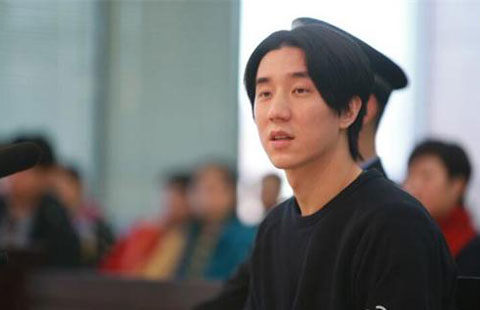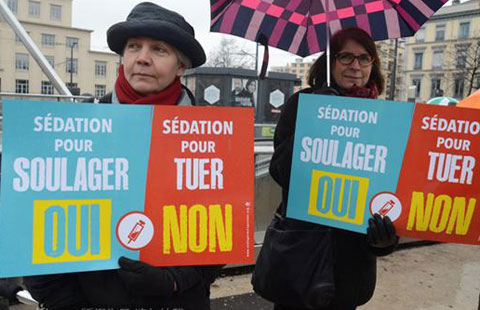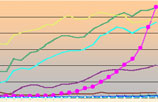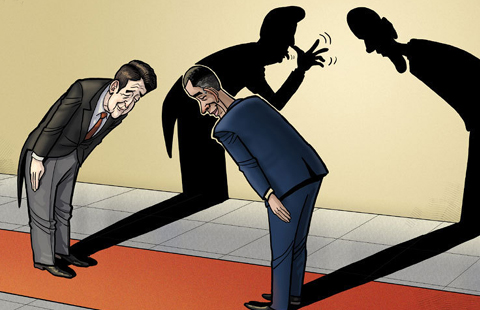历史转折中的邓小平 (li shi zhuan zhe zhong de Deng Xiaoping): Deng Xiaoping in historic transformation
(China Daily) Updated: 2014-08-15 08:03A TV series that tells the story of former leader Deng Xiaoping during China's historic transformation in the late 1970s debuted on China Central Television this week. It reveals many sensitive details of that period for the first time through an official media outlet.
The TV series, with Deng as the leading figure, presents a panoramic view of China's leaders between October 1976, when the "Gang of Four" was ousted, and 1984 when the country fully launched the reform and opening-up drive.
The end of the "Gang of Four" marked the end of the 10-year political upheaval of the "cultural revolution" (1966-1976), and the years that followed saw China gradually opening up to the rest of the world, which led to its miraculous economic growth.
This is the first time that details on how the "Gang of Four" was ousted have been enacted on TV. For instance, one of the key roles played in that struggle was by Hua Guofeng, then principal leader of China, whose character appears on TV for the first time in years. Hua had set a direction for China's development different from the path envisioned by Deng. In a country that values harmony and unity, issues concerning Hua were rarely discussed in official documents that were made public.
In this sense, the TV series has achieved a breakthrough by discussing long-standing sensitive historical issues. It has opened up the discussion on historical figures that earlier was deemed sensitive. In times of diversification and wide access to the Internet, many political taboos are giving way to open discussions.
But such discussions can take place only under certain conditions - that they do not threaten the mainstream ideology, do not give rise to malicious speculation, do not sow the seed of conflict between different groups, and do not disrupt normal public life.
Other sensitive issues in China's history are also likely to be opened up for discussion, but that will happen at the right time. Since a society benefits from open discussions on sensitive issues at the appropriate time, bringing the issues to the fore will have a harmonious effect on the people because they will feel that their views are being heard and respected.











